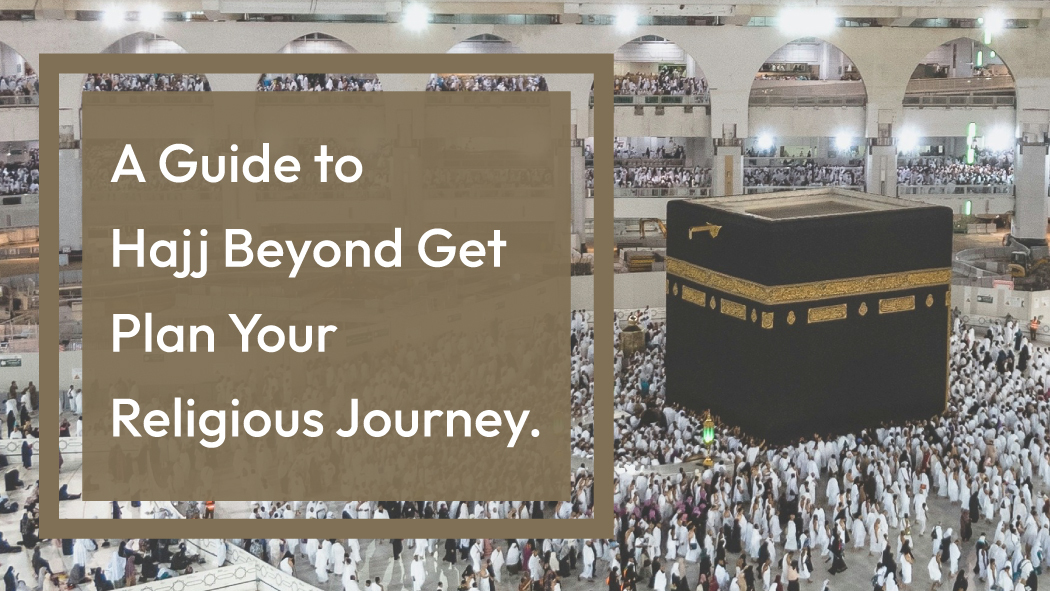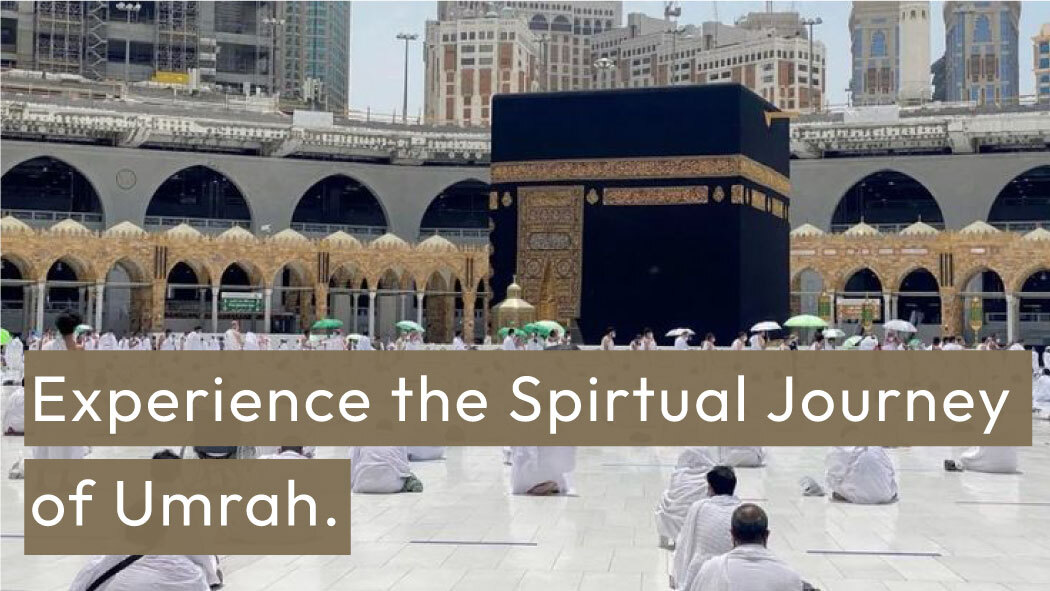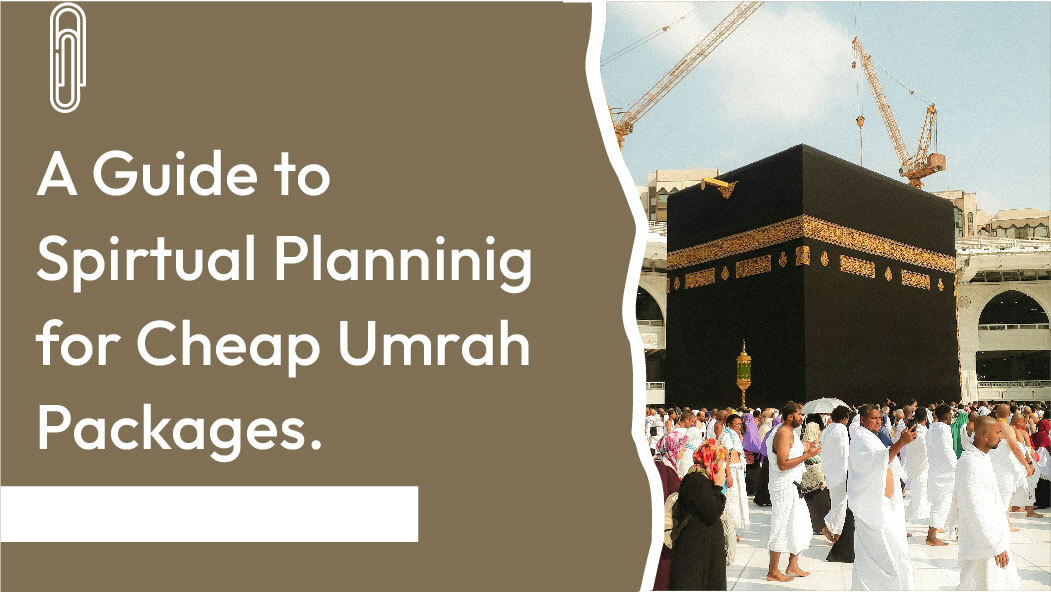Millions of Muslims worldwide undertake the significant and spiritual journey of the Hajj pilgrimage. As the Hajj season approaches, many prospective pilgrims are beginning to explore their options for undertaking this sacred journey in 2024. Understanding the essential aspects of the pilgrimage, including preparations, costs, and logistics, is crucial for making an informed decision.
Understanding the Hajj Pilgrimage
Hajj is one of the Five Pillars of Islam, an obligatory act of worship for all Muslims who are physically and financially able to perform it at least once in their lifetime. The pilgrimage occurs annually in the Islamic month of Dhu al-Hijjah, where millions gather in the holy city of Mecca to perform a series of rituals intended to symbolize the unity of Muslims and their submission to Allah.
Key Preparations for Hajj
Spiritual Readiness:
Engage in regular prayers, reading of the Quran, and other spiritual activities to prepare mentally and spiritually for the journey. Attend Hajj workshops and seminars offered by local mosques or Islamic centers to understand the rituals and their significance clarity.
Health Preparations:
Schedule a medical check-up to ensure you are healthy enough to undertake the physically demanding pilgrimage. Obtain the required vaccinations, such as meningitis and flu shots, as Saudi Arabian health authorities mandated.
Documentation and Visa:
Ensure your passport is valid for at least six months beyond your intended stay. Apply for a Hajj visa through your country’s authorized Hajj travel agencies or the Saudi Arabian consulate.
Financial Planning:
Budget for the entire trip, including travel, accommodation, meals, and other personal expenses. Consider saving gradually over time to cover the costs without financial strain.
Travel and Accommodation
While Hajj packages offer convenience, some pilgrims prefer to arrange their travel and accommodation independently. Here are some tips for doing so:
Flights:
Book your flights well to secure better rates and ensure availability during the Hajj season. Consider arriving a few days before the Hajj rituals begin to acclimate and complete any necessary preparations in Mecca.
Accommodation:
Research and book accommodations near Haram to minimize travel time and ease participation in daily prayers and rituals. Depending on your preferences and budget, options range from budget-friendly hotels to more luxurious stays.
Local Transportation:
Utilize the transportation services provided by the Saudi authorities during Hajj, which include buses and trains designed to facilitate the movement of pilgrims between the holy sites.
Essential Rituals of Hajj
Understanding the key rituals is essential for a fulfilling Hajj experience. These include:
Ihram: The state of spiritual purity and the special garments male pilgrims wear. Women wear modest clothing that covers the entire body except the face and hands.
Tawaf: Circumambulating the Kaaba seven times in a counterclockwise direction.
Sa’i: Walking seven times between the hills of Safa and Marwah, commemorating Hagar’s search for water for her son Ishmael.
Arafat: Spending the afternoon on the plain of Arafat in prayer and reflection is considered the pinnacle of the Hajj.
Muzdalifah and Mina: Collecting pebbles in Muzdalifah and participating in the symbolic stoning of the devil in Mina.
Eid al-Adha: The festival of sacrifice, where an animal is sacrificed to commemorate Abraham’s willingness to sacrifice his son.
Looking Ahead: Hajj 2025
Planning for Hajj 2025 can provide several benefits, such as securing better travel deals and accommodations. As the specifics for each year may vary, staying informed through official Hajj announcements and guidelines is essential.
Conclusion
A person undertaking the pilgrimage of Hajj experiences a profound spiritual journey that requires thorough preparation and planning. By understanding the critical aspects of the Hajj Package 2024 and considering the steps for planning for 2025, pilgrims can ensure a smooth and spiritually enriching experience. Focusing on spiritual readiness, health preparations, and logistical arrangements will allow you to immerse yourself in this sacred journey’s significance fully.





